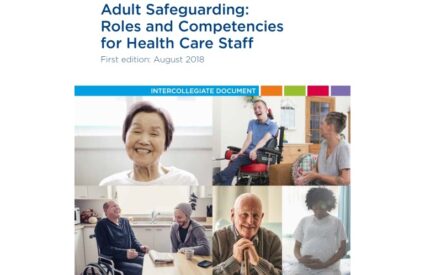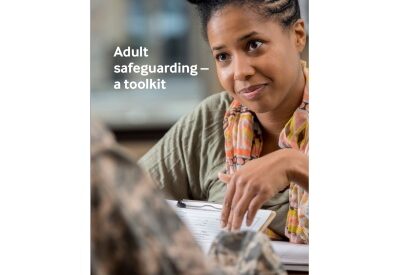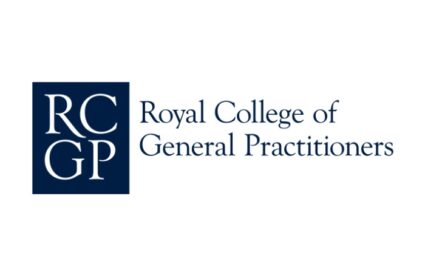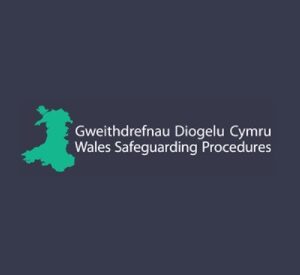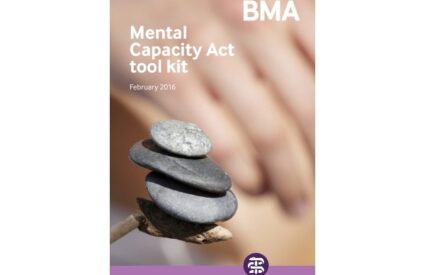Adult Safeguarding Hub
The FFLM, supported by NHSE&I, has run three courses on the Forensic Aspects of Adult Safeguarding in 2021/2022 to support experienced practitioners who are keen to learn or improve their skills in documenting injuries and writing reports for the purposes of an adult safeguarding enquiry.
A Forensic Adult Safeguarding Group has been established and at the first meeting in May 2021 developed the following terms of reference:
- To provide time for discussion of cases in a relaxed, nonthreatening environment.
- To share professional experience.
- To review cases to ensure appropriate evidence-based management.
- To view photo-documentation accompanying the case presentation.
- To provide an opportunity for emotional support.
- To provide training for clinicians
- To help identify areas for additional training for the group and/or individuals concerned.
- To stimulate ideas for audit and/or research
Future meeting dates of the Forum are:
- Wednesday 18 September 2024 – 13:00 to 14:00
- Wednesday 11 December 2024 – 13:00 to 14:00
The group welcomes all members of the FFLM to attend with any adult safeguarding queries for discussion.
If you would like to attend please email forensic.medicine@fflm.ac.uk.
Resources as below are being developed for those who are involved in or may be interested in, this field of practice to support collaborative working in this area of practice.
Forensic Aspects of Adult Safeguarding Course
The FFLM has developed a course on the forensic aspects of adult safeguarding. The course is delivered in two half-day workshops and covers the following topics:
- Consent for examination;
- Documentation and interpretation of common injuries;
- Adult Safeguarding Medical Reports (S42 Inquiry);
- Statement Writing and Courtroom Skills;
- Working with the police and social care.
You can take a look at the programme from one of our previous courses here.
If you would like further details on this course, please contact forensic.medicine@fflm.ac.uk.
Save the date! Virtual Adult Safeguarding Day – 01 April 2025
We are very pleased to announce that our Fourth Virtual Adult Safeguarding Day will be taking place on Tuesday 01 April 2025.
This conference is free for FFLM Members and those working in the NHS to attend so why not join us?
Click here to book your place!
Recommended Reading
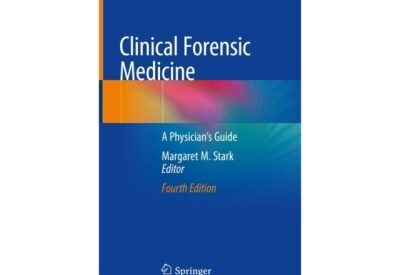
Payne-James JJ, Stark MM. Nittis M. Sheasby D. Chapter 4 Injury Assessment, Documentation, and Interpretation
In Stark MM. (2020) Editor. Clinical Forensic Medicine. A Physician’s Guide. Fourth edition. Springer Nature Switzerland.
ISBN 3030294617
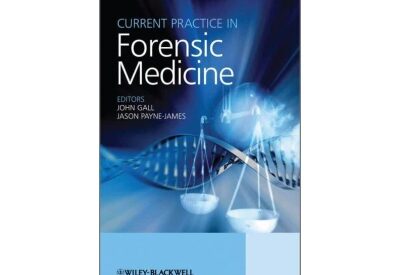
Gall J. & Payne-James JJ. Injury interpretation: Possible errors and fallacies. Chapter 9. pp.253-255
In Current Practice in Forensic Medicine. Wiley-Blackwell, Chichester, West Sussex, 2011
ISBN 9780470744871
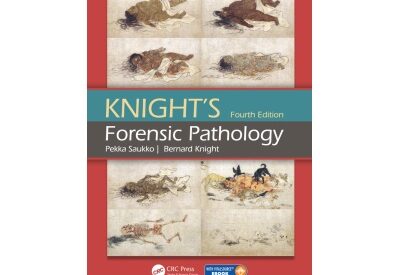
Saukko P. & Knight B. The Pathology of wounds. Chapter 4. pp. 133
In Knight’s Forensic Pathology. Fourth Edition. CRC Press, Boca Raton, 2016
ISBN 034097253X
Useful FFLM Publications
View all publications5 May 2022
Proforma – Forensic Examination: Adult Victim of Suspected Assault/Non-Accidental Injury (NAI)
3 May 2020
Recommendations – Child Safeguarding: Information Sharing Guidance for Healthcare Professionals working in Police Custody
8 January 2024
Recommendations for the Collection of Forensic Specimens from Complainants and Suspects
8 January 2024
Recommendations for the Collection of Forensic Specimens from Complainants and Suspects – the evidence

